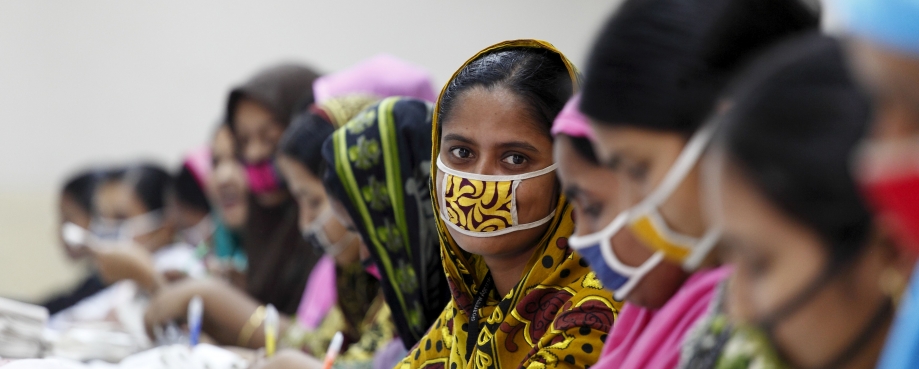
The new International Accord on Fire and Building Safety which took effect this month marks an important milestone in continuing to ensure that workers in the global garment industry can work in safe conditions where their rights are respected.
This new agreement follows months of negotiation and builds on the ground-breaking work of its predecessor the Bangladesh Accord.
Taking on board its achievements and lessons learned, the new Accord rightly broadens scope and starts the process of taking this collaboration between leading brands and global unions to other production countries.
Together with joint ethical trading initiatives (JETIs) in Norway and Denmark, ETI held a tri-partite webinar to facilitate dialogue between members and key accord negotiation stakeholders earlier this month. Bestseller’s Felicity Tapsell, of the brand negotiation committee, IndustriALL Global’s Christina Hajagos-Clausen, and Abil Amin, ETI Bangladesh Country Manager provided corporate, trade union and local NGO perspectives on the process, clarifying roles and responsibilities and answering questions from participants. A summary of this discussion can be found here.
In light of the new accord, ETI Executive Directors had this to say:
“While such agreements can be complex and present challenges to all concerned, there is also no doubt that the sector needs both local and international collaboration to meet the expectations of consumers and workers alike. We commend all those who have helped deliver this agreement and encourage all brands and supplier to work together to continue to drive up standards and achieve the full potential of the garment industry.”
Peter McAllister, Executive Director, ETI UK
“The renewed agreement lays the foundation for an expansion of scope and geographical reach, with the feasibility studies of other potential countries and the exploration of incorporating human rights due diligence. We encourage our relevant members to sign the agreement, and look forward to following the process over the next two years and beyond.”
Heidi Furustøl, Executive Director, ETI Norway
We would like to offer a heartfelt congratulations and thanks to the negotiating partners of this strong agreement, it’s current signatories and those to come.
